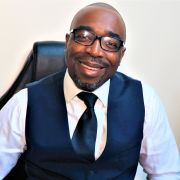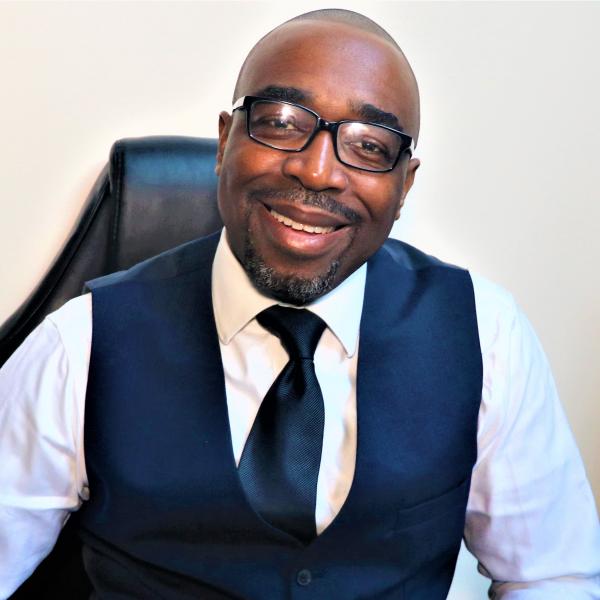Jean-Claude Kayumba
School of Journalism, Media and Communication
PhD Student


Full contact details
School of Journalism, Media and Communication
Level 2
9 Mappin Street
Sheffield
S1 4DT
- Profile
-
Jean-Claude has a BA in Youth & Community Work from Manchester Metropolitan University, with Merit. His dissertation was titled "Collateral Victims of Cultural Conflict". He has a Master in Human Rights, from the University of Manchester, dissertation titled "I am Charlie, BUT..."
Jean-Claude also has a PGCE in ESOL & Literacy from the University of Bolton, with Distinction in Teaching Practice. His dissertation was titled "ESOL learners & Citizenship".
- Research interests
-
PhD title: UN Peacekeeping missions: the contested role of UN Media in post-conflict reconstruction contexts. A case study of Democratic Republic of Congo
This project focuses on the Democratic Republic of Congo (DRC) and how the UN peacekeeping mission in DRC (MONUSCO) runs its radio station, Radio Okapi. Radio Okapi (RO) is one of the largest radio stations in French-speaking Africa, and the station most listened to in the DRC.
RO was created and run in collaboration with Fondation Hirondelle, a media development agency, from 2002 to 2014. Since then, RO has been under UN editorial supervision only. RO has grown despite conceptual ambiguity over whether it serves a public service or UN public relations role. This has generated tensions between the expectations of key actors including UN representatives at headquarters and mission level, the host-state, donors, the media development partner and local media actors.
In order to understand how the UN conceives the role of its peacekeeping media and how it navigates these tensions, it is necessary to undertake a four-fold approach:
- chart the evolving history of UN media within peacekeeping operations
- examine the creation and running Radio Okapi in DRC, and capture the different perceptions of its role as expressed by the various stakeholders
- assess the content of Radio Okapi (available online) to evaluate whether it can best be understood as a public service media or a tool for UN public relations (or both) and to what extent these two roles are compatible
- examine the way in which the UN has managed its relationship with the various partners and local actors (including journalists) on the ground via semi-structured interviews.
- Primary supervisor: Jacqueline Harrison
- Secondary supervisors: Stefanie Pukallus & Simon Rushton
- Forthcoming publications
Citizenship & ESOL learners (Under Review)
